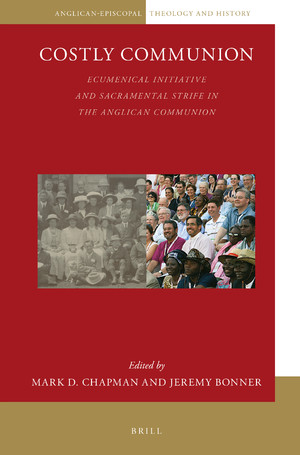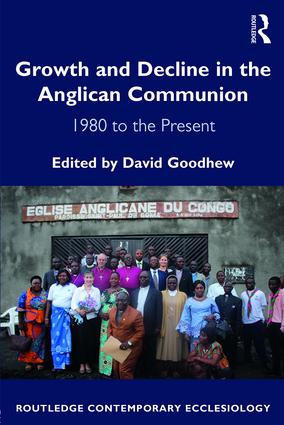Thomas Elton Brown reflects on The Road to Renewal
Dr. Brown wrote the pioneering study Bible Belt Catholicism: A History of the Roman Catholic Church in Oklahoma, 1905-1945. He was kind enough to permit me to share his personal impressions of my biography of Victor Reed.
I was raised a Catholic in Oklahoma during Victor Reed’s episcopacy. My family was a member of Christ the King parish in Oklahoma City while the then Monsignor Buswell was pastor and the then Father James Halpine was the assistant pastor. Long before Mother Denise was removed from her position as the head of the convent in Tulsa, she taught me second grade at Christ the King elementary school. And I graduated from McGuinness High School in 1964. So much of your monograph was a narrative of my youth. Since I attended McGuinness from 1960 to 1964, you can figure out the events I remembered and the participants I personally knew. It was a first for me as a trained historian to read a scholarly study that both was a narrative in which I would be a primary source and was an analysis about which I had produced a secondary source. I was somewhat schizophrentic in my reading. I would be checking footnotes to identify sources and mulling over the conclusions of each chapter in light of the narrative. Only then I would swing to my personal recollections – “Oh yes, I remember that.” Or “Wow, I didn’t know that.” Or “Oh no, that’s not how it happened” [Or at least, “That’s not how I remember it.”]
In sum, then, I just wanted to let you know that I thoroughly enjoyed reading it – both as an historian of the subject and as a reader with a personal involvement. As I initially wrote, I found it to be well researched and well written – both in a flowing writing style and a readily understandable structure. I thought you did an admirable job of placing Oklahoma within the broader context of the changes occurring simultaneously in other parts of the country. Some reviewers will often conclude a laudatory review by stating the monograph is a model for future studies or breaks new historiographical ground. Being so close personally to the topic and being so far away from active historical scholarship, I am not in position to make such a statement. But I can confidently state that it is as outstanding biography that captured a personality that truly wrestled with a range of issues as he struggled to do the right thing.










No comments:
Post a Comment